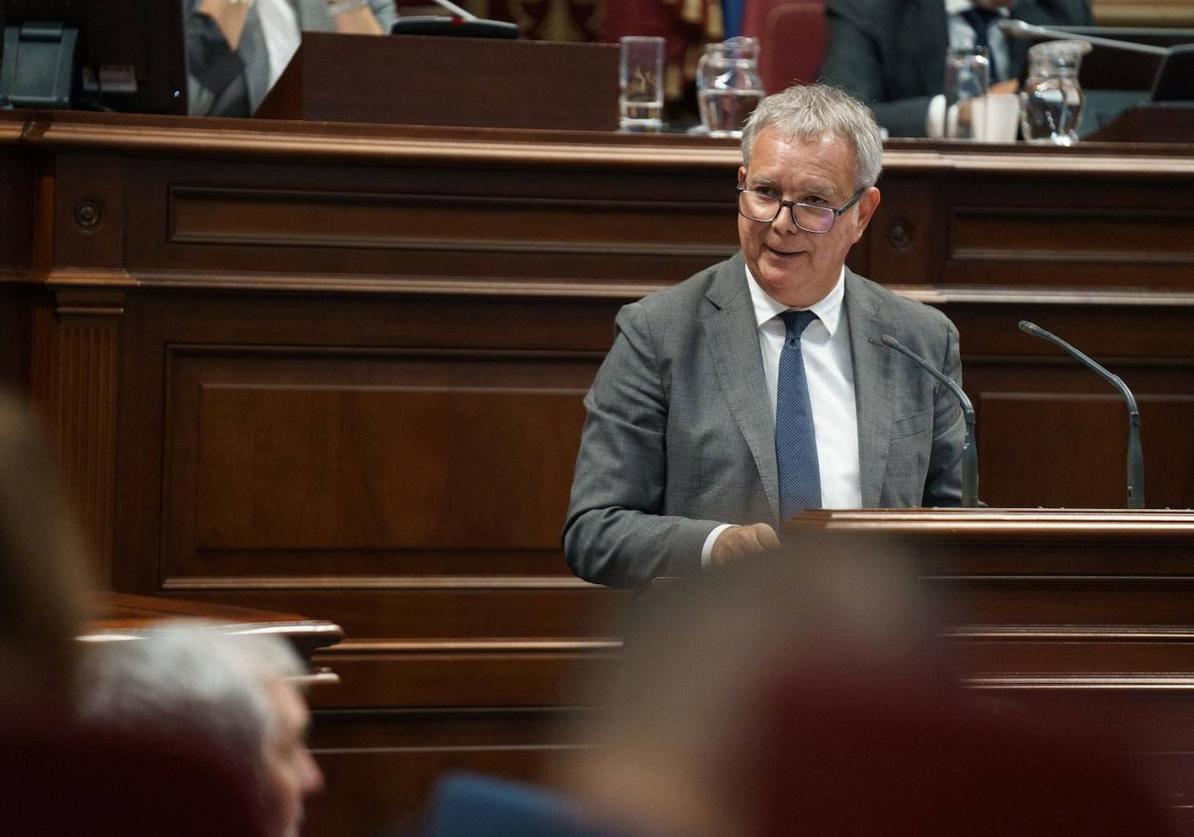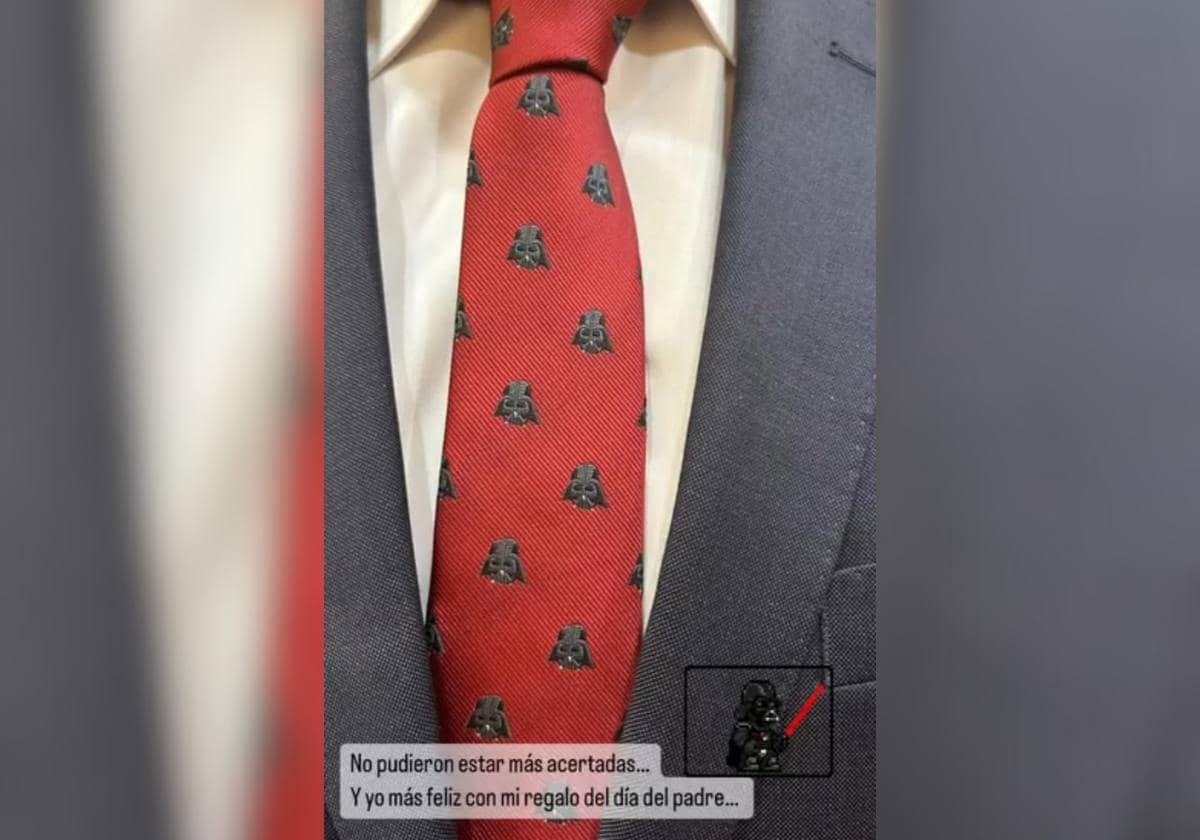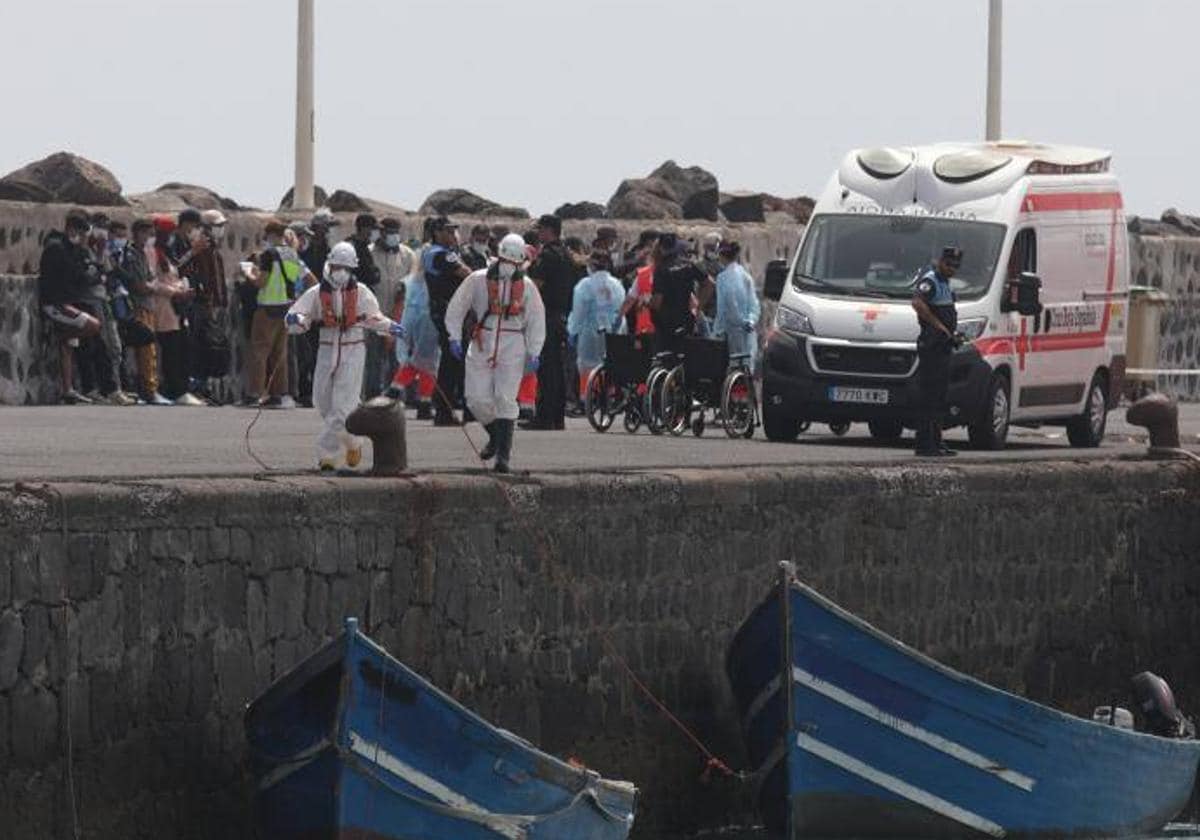Cuca Gamarra, from 'sorayista' in the Casado court to directing Feijóo's PP


The policy has three speeds. The slow, the fast and the fleeting. Concepción Gamarra (Logroño, 1974) undoubtedly falls into the first category. It is the most common in the PP, where transience is usually accompanied by an equally rapid fall, as has been demonstrated during Pablo Casado's term, which is coming to an end. This Thursday morning, almost 19 years after debuting as a councilor in her hometown, Cuca Gamarra (as locals and strangers call her) received the phone call that gave her the opportunity to climb one more step in the pyramid of power in the PP. Alberto Núñez Feijóo, virtual president of the party, wants her to be his general secretary. And she has accepted. "I am a party woman, from the PP. Always available for what you need and can be useful," she told the media after revealing her name.
After four years in the Casado executive, and almost two sitting by her side in Congress, she will be in charge of rebuilding a party that is wounded precisely by the work of that leadership of which she was a part. At least this has been declared in multiple ways by officials and party leaders in recent weeks. The last time, this Thursday, by Casado's main supporter, José María Aznar, in a interview in The world: "Those who were in the direction of the party had their opportunity and did not take advantage of it."
Gamarra assumes the General Secretariat that almost the entire party has targeted for the events that have led to the party's biggest internal crisis in decades. On Monday, February 21, when the echoes of the unprecedented demonstration called in front of the national headquarters of the PP to demand the fall of its president, Pablo Casado, were still sounding, several of the deputy general secretaries abandoned the ship that they had helped to patronize since 2018 and until that very day. Either the general secretary, Teodoro García Egea, resigned, and Casado announced his willingness to leave, or they resigned en bloc.
It was the movement that ended up toppling the youngest president the party has ever had. On Tuesday, Egea announced his resignation. On Wednesday, Married agreed his departure, deferred, with the autonomous barons of the PP (excluding the co-star of the psychodrama, Isabel Díaz Ayuso). Those closest to Casado were those who caused his fall, except his last three faithful. Abandoned by the same direction that the previous Friday applauded in the internal chats, Gamarra included, the intervention of Casado in the Cope chain in which he asked himself: "When did 700 people die a day you can contract with your sister and receive 286,000 euros?
The outgoing address has been marked. But it seems that Gamarra has been saved from the burning. Nor is it the first to get rid of. The Rioja leader is part of that race of survivors that populate political parties, who climb rung by rung, promise allegiances that do not always respect and serve the next leader. Always for the good of the party. In any case, the relationship between Gamarra and Casado does not seem to have ended very badly. This Thursday, in the plenary session of Congress, both have shared a bench for 20 minutes. Enough so that the still president of the PP could vote. In that time, they have spoken in a relaxed and visible way.
In 2017 he lost the primaries to lead the PP of La Rioja against the current president, José Ignacio Ceniceros. She almost won, but 109 votes separated her from happening to the historic Pedro Sanz. Gamarra was then mayor of Logroño, a position she had accepted in the municipal elections of May 2011, a few days after the 15M movement broke out. She achieved a very large absolute majority, with almost 50% of the votes. She had previously been a councilor, deputy mayor and spokesperson for the opposition. A race of ups and downs.
In those primaries, the mayor was the bet of the national leadership of Mariano Rajoy and today Senator Antonio Maíllo, who as general coordinator managed the day to day of the party. The general secretary was María Dolores de Cospedal, but the territory was dominated by the Zamorano. A year later, in 2018, she returned the favor to the outgoing apparatus of the headquarters at number 13 of Calle de Génova in Madrid (still formally for sale) and publicly supported Soraya Sáenz de Santamaría.
On that occasion he also lost. But Pablo Casado picked it up for his Management Committee, despite the fact that the outgoing president has been widely accused of having applied a scorched earth policy with his predecessors. Gamarra was the sorayista quota, the "moderate" leader who was going to sit down every Monday at the meeting where the party's daily strategy is decided.
He assumed the General Vice-Secretariat for Social Policies in July 2018. In April 2019 he led the PP's candidacy for La Rioja in the general elections, a position he held in the repetition of November of that same year. His successor as candidate for Mayor of Logroño was Conrado Escobar, who lost to a newcomer to active politics: the socialist Pablo Hermoso de Mendoza.
Gamarra took another leap in the summer of 2020. Casado perceived Vox's motion of censure as a direct attack against the PP, as he snapped from the Congress rostrum to an incredulous Santiago Abascal, who did not scratch a single vote further of the extreme right that commands. The leadership decided to swerve the strategy, refocus the party, moderate the discourse. The relationship with the then parliamentary spokesperson, Cayetana Álvarez de Toledo, was not good. But the Hispanic-Argentine woman also criticized the turn that her boss wanted to take, as she herself explains in her memoirs.
Married fired her. she named party spokesman to the mayor of Madrid, José Luis Martínez-Almeida. A decision that the alderman regretted very soon and that he also got rid of in the middle of a storm in Genoa, 13. That Monday of the long knives, he did not appear at the management meeting.
Casado also became the spokesperson for the main opposition group in Congress to Cuca Gamarra. The sorayista, the supposed moderate share of his leadership, rose to third place on the political ladder.
Graduated in Law from the University of Deusto (Bilbao), she joined the ranks of the New Generations of the PP in 1993. Ten years later she began a long career until she was ranked number two in her party. The one for which she is willing to do whatever it takes to be "useful". She has work ahead of her.










